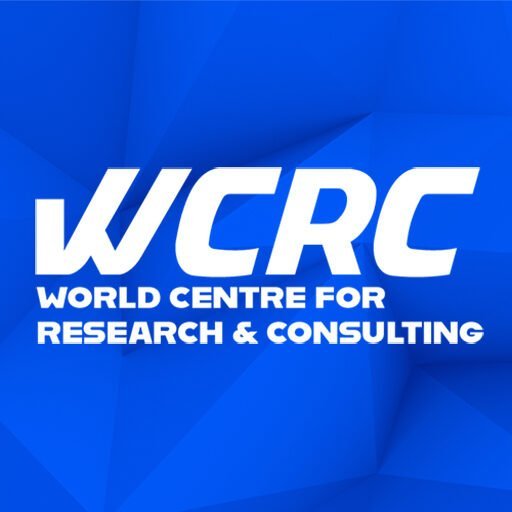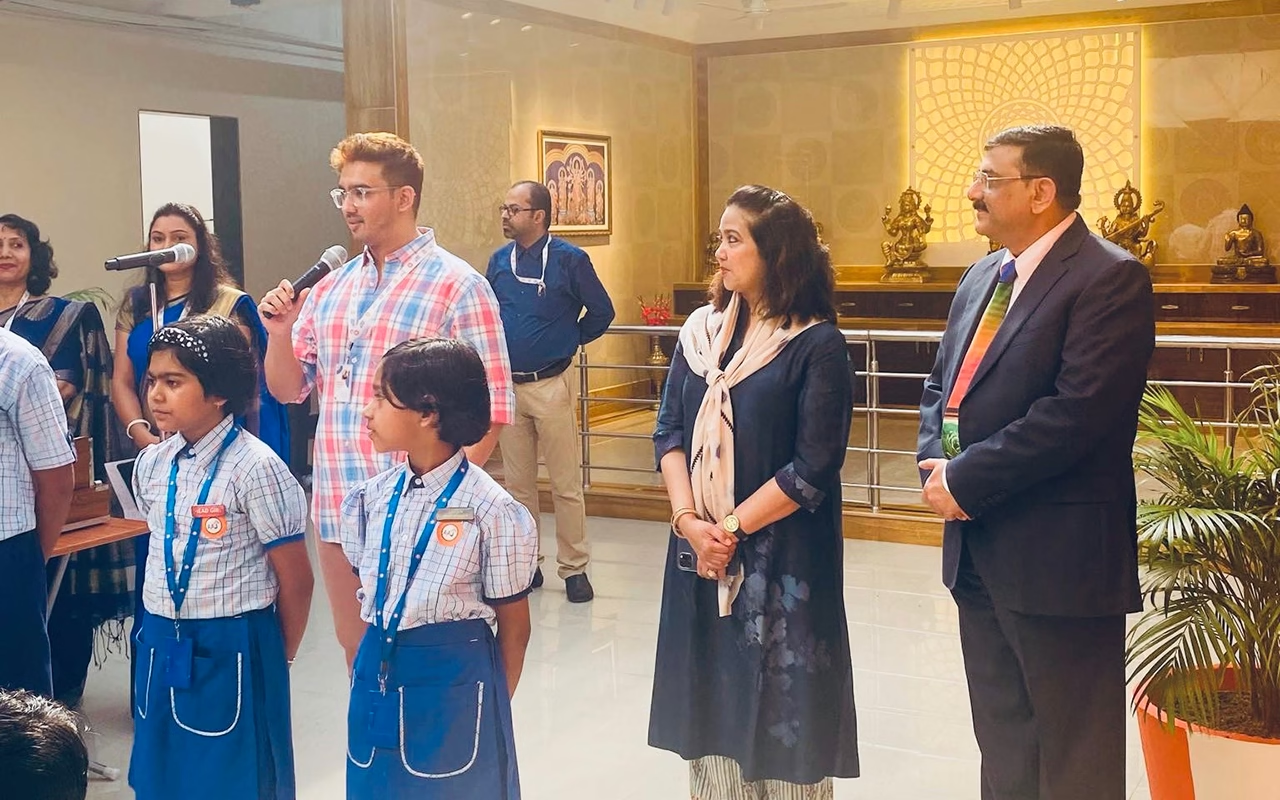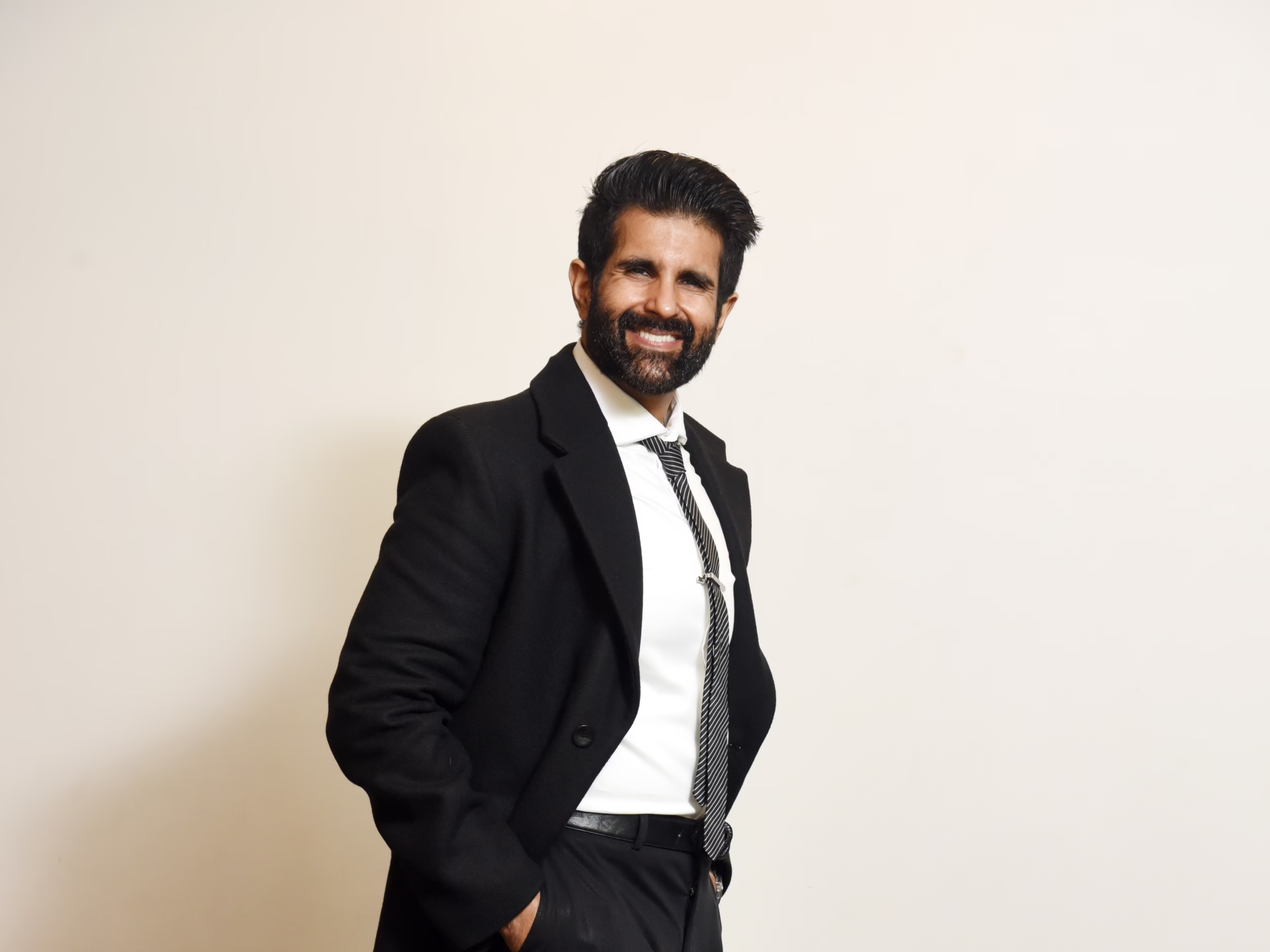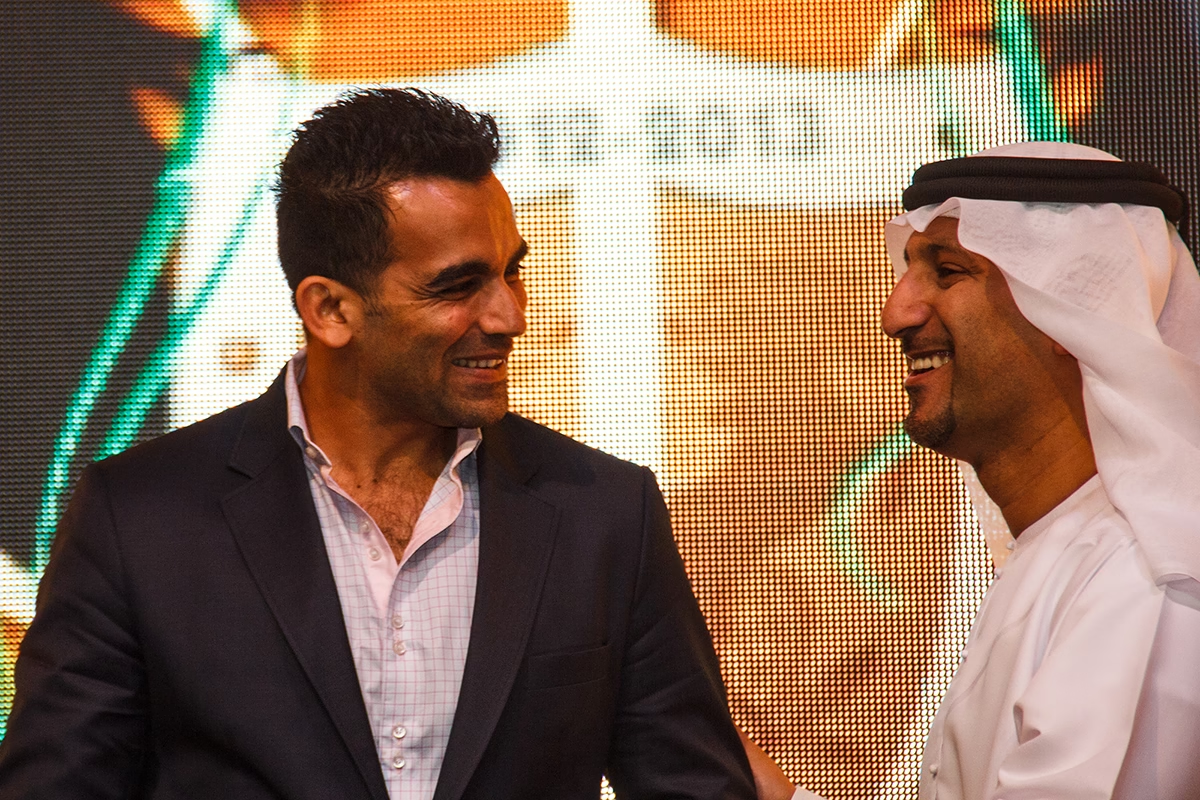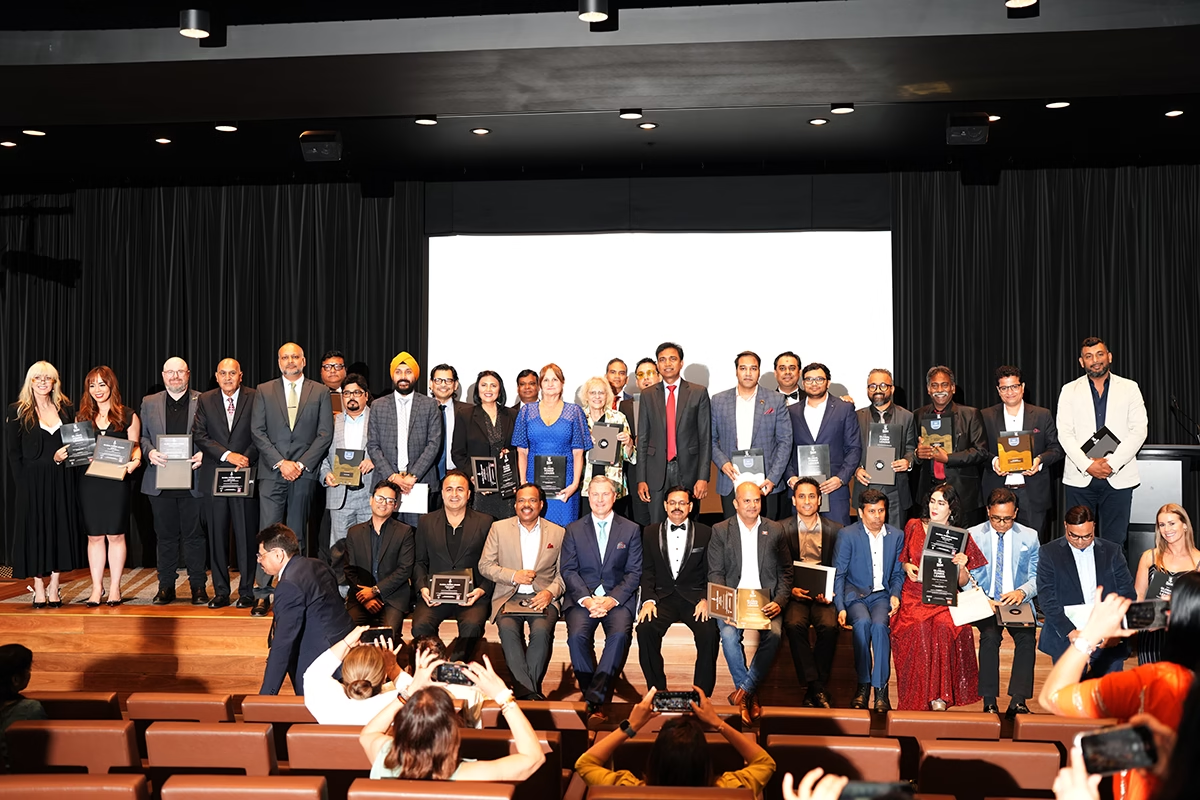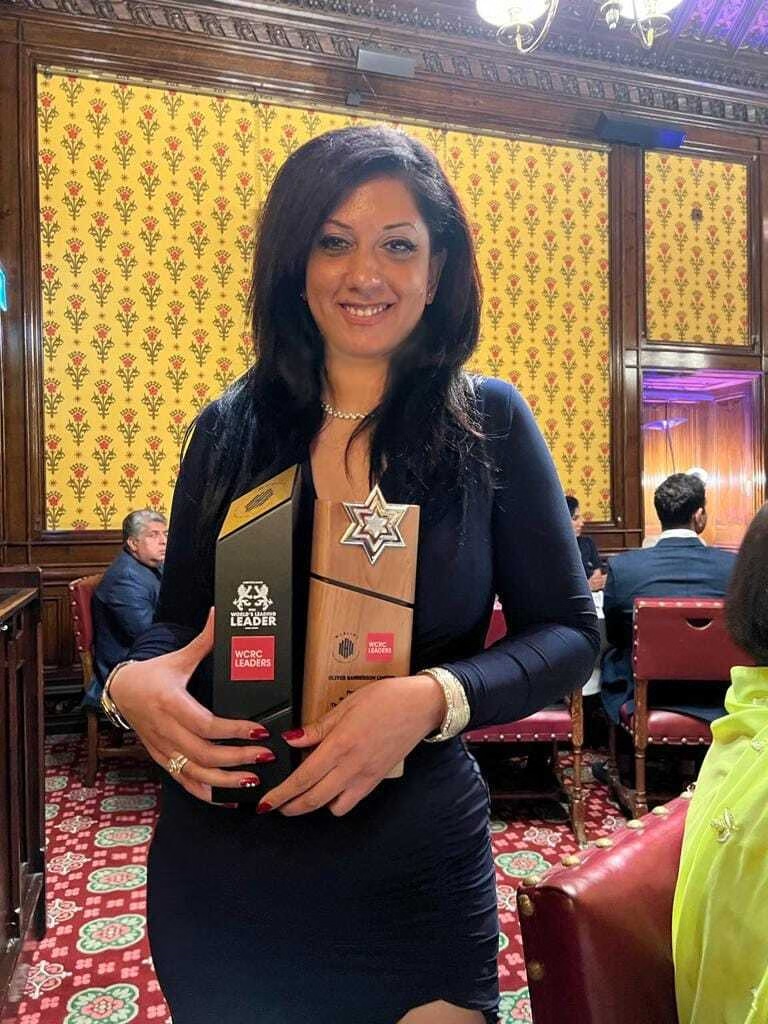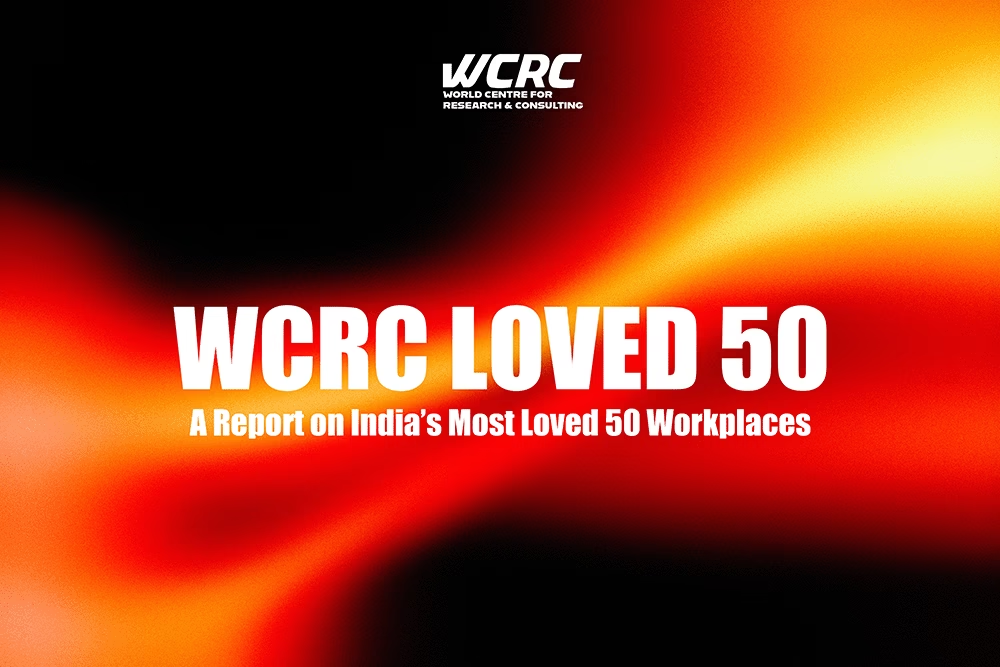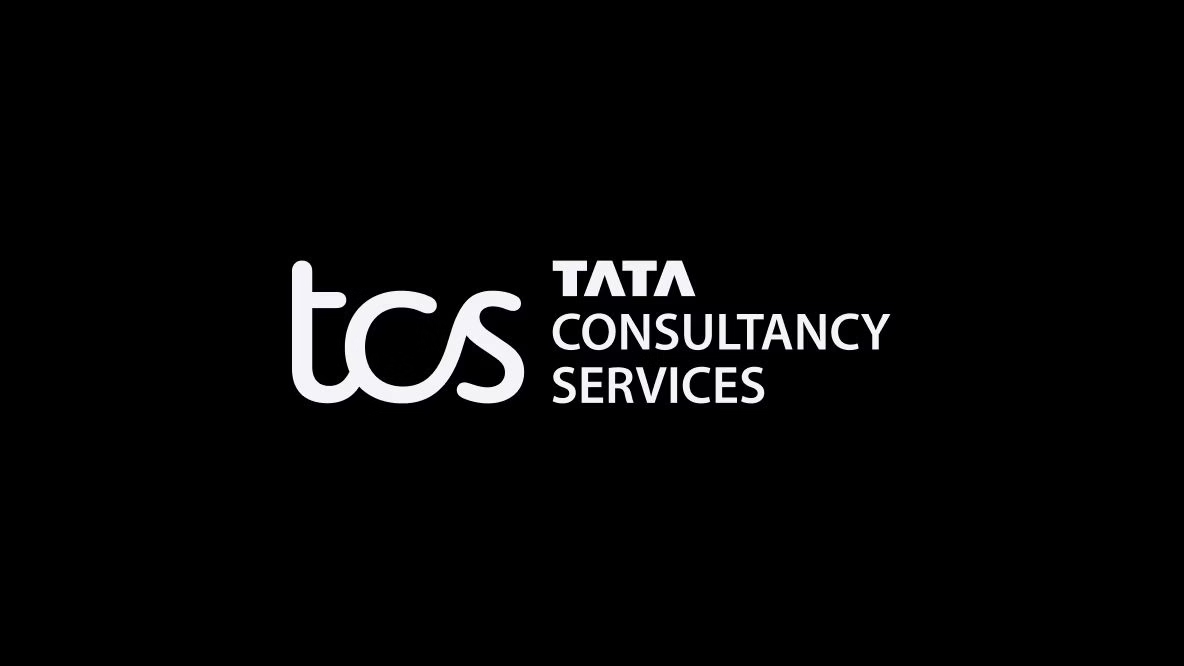[et_pb_section bb_built=”1″ _builder_version=”3.0.87″ custom_padding=”0px|0px|54px|0px”][et_pb_row custom_padding=”0px|0px|0px|0px” _builder_version=”3.0.87″][et_pb_column type=”4_4″][et_pb_video src=”https://youtu.be/BPCiOLDAnkc” _builder_version=”3.0.89″ /][et_pb_text _builder_version=”3.0.89″]
Asia’s Most Promising Brands 2017 – Celcom Axiata Berhad
[/et_pb_text][et_pb_image src=”https://mostadmiredasia.com/wp-content/uploads/2017/11/Celcom.-1.jpg” alt=”Asia’s Most Promising Brands 2017 – Celcom Axiata Berhad” title_text=”Asia’s Most Promising Brands 2017 – Celcom Axiata Berhad” url=”http://mostadmiredasia.com/asias-most-promising-brands-2017″ url_new_window=”on” align=”center” _builder_version=”3.0.89″ max_width=”34%” /][/et_pb_column][/et_pb_row][et_pb_row _builder_version=”3.0.87″][et_pb_column type=”4_4″][et_pb_image src=”http://mostadmiredasia.com/wp-content/uploads/2017/11/Celcom.jpg” alt=”Asia’s Most Promising Brands 2017 – Celcom Axiata Berhad” title_text=”Asia’s Most Promising Brands 2017 – Celcom Axiata Berhad” url=”https://www.celcom.com” url_new_window=”on” _builder_version=”3.0.89″ /][et_pb_blurb title=”STAY AHEAD” url=”http://mostadmiredasia.com/asias-promising-brands-2017/” url_new_window=”on” disabled_on=”off|off|off” _builder_version=”3.0.89″ header_font=”||||||||” header_text_align=”center” header_font_size=”50px” header_font_size_last_edited=”on|desktop”]
Celcom Axiata Berhad, DBA Celcom, is the oldest mobile telecommunications company in Malaysia. Celcom is one of the members of the Axiata group of companies. Being one of the very few companies in Malaysia to originally obtain a cellular phone licence, it successfully introduced mobile telephony in Malaysia.
Celcom started its operations as STM Cellular Communications in 1988 with Fleet Group and Telekom Malaysia as shareholders. Subsequently, Telekom Malaysia sold its 51 per cent shareholding to the TRI group which was controlled by Tajuddin Ramli. Fleet group’s share meanwhile was transferred to the Time Engineering Group which was later sold to TRI. In the initial years, Celcom experienced a tremendous growth in subscriber base and network coverage. When the cellular phone market was opened up in 1995, Celcom upgraded to the GSM900 service and quickly grew to become the largest mobile phone company in Malaysia.
Celcom has been operating FDD-LTE on 1800 MHz and 2600 MHz. Through the ‘Mobile Numbering Portability’ by the Malaysian Communications and Multimedia Commission, Celcom also provides virtual mobile operator services. Celcom also provides rural communications services using CDMA technology and satellite phone. Celcom claims to have the widest and most extensive coverage nationwide, compared to other cellular services in Malaysia.
On 28 September 2007, Telekom Malaysia announced a revamp of its mobile communication units which include Celcom. The revamp plan was to group Celcom under TM International, which houses other TM regional mobile units and define it as a separate business entity. The restructuring exercise was completed by Q1 2008 and the new business unit was listed on the Kuala Lumpur Stock Exchange by Q2 2008.
TM International has been renamed as Axiata as part of a telecom consortium in South East Asia. In 2009, the 3G coverage covers most major towns where there is a telephone exchange and either HSDPA or EDGE services within 15-mile (24 km) radius (GSM UMTS maximum allowed range) with GPRS as basic data coverage. In 2013, the 4th generation standard of FDD-LTE was deployed gradually nationwide.
Kolony, launched by Celcom on April 8, 2011, was the first ever SMS-based social networking service in Malaysia. Kolony targets Malaysian youth and those who would like to be connected to their family and friends frequently by using their mobile phone. It runs on the regular SMS-based platform, allowing users to participate in social networking activities using the most basic mobile phones with or without 3G connections.
Power FACTS
Celcom started its operations as STM Cellular Communications in 1988
Kolony, launched by Celcom on April 8, 2011, was the first ever SMS-based social networking service in Malaysia
In 2013, the 4th generation standard of FDD-LTE was deployed nationwide
[/et_pb_blurb][/et_pb_column][/et_pb_row][/et_pb_section]

